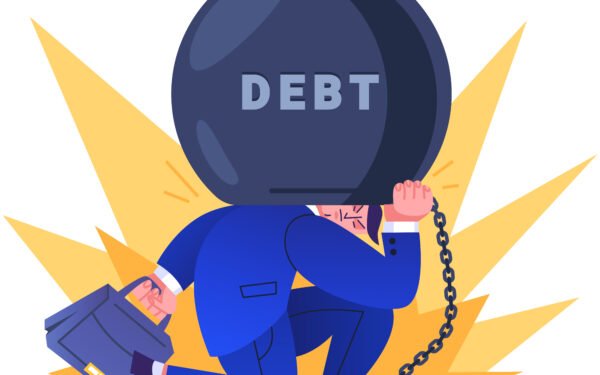The CC Strategies: Less Is More With Credit Management
Credit cards are one of those things that can be both a blessing and a curse. If used properly, credit cards allow you to get what you need and to defer payment until you can afford it. If dealt with inappropriately, credit cards can throw you into a world of debts, where it can be difficult to find your way out. Everyone has a different perception of the worthiness of credit cards. While one-half of the people think of them as their favorite shopping toy, the other half can barely make ends meet at the end of the month and wouldn’t be able to afford a car or even paying their bills if they didn’t have a credit card. Except that credit card repayments are a tricky subject and can cause many troubles. So how do you feel about credit cards? There are three main ways to think about them: With great parsimony, with delectation and grandeur, and with distance and rejection.
The simple strategy: One credit card vs. several
If you choose to get a credit card, the best and simplest piece of advice that you can receive is to limit yourself to one card only. Why so? Because one card is easy to manage and you can’t miss repayment date: There’s only one date to deal with. While you may think that one card is a little reducing, you need to consider the impact it can have on your credit score, especially if you can meet your repayment dates. While you may not have the advantage of an emergency expenditure potential, you can gradually increase your credit card limit, as you improve your credit score.
The optimum strategy: Finding the optimal number of credit cards
The average American household has over $15,000 in credit card debt, according to the NerdWallet survey 2015. This kind of debt can affect your credit score, but similarly, other factors do too such as your payment history, the length of your credit history, and how many credit cards you have. If you have a good history of credit, you can get rewarded for using your credit card. The more credit cards you have, the more rewards you get. However, for those who struggle with several credit cards, https://debtconsolidation.loans suggests ways of approaching your credit card debts. Consolidating your repayment under one roof can make it easier to manage at the end of the month
The No-No strategy: For those who don’t believe in plastic money
According to http://time.com/ two-third of Millennials don’t own a credit card. Most Millennials are staying away from credit cards as a reaction to seeing friends and family struggling with debts during the recession. While they avoid the possibility to build a credit history, their choice to stay credit-card free can influence the way banks manage credit card offers in future. For now, young adults are happy to buy only what they can afford in real time. Admittedly, let’s not forget that a majority of young Millennials are also repaying their student loan debt are don’t wish to start a situation of escalating debts.
So which credit card owner are you: A single-card guy, a multi-card reward aggregator, or a credit-card rejector? You need to consider only one thing when it comes to credit card: Building a credit history is key to accessing loan options for your professional and domestic development in future. Maybe staying away from all credit card is not such a good idea after all…



